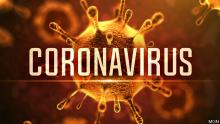Now we have to shape what some have started calling; The Church at Home. Although I keep asking myself; What do those who do not have a home do? For this reason, at the same time, I am declaring today in our Holyrood Church a Lenten day of prayer, fasting and reading the Bible in the Time of the Coronavirus.
Boletín de la semana 1ro. de agosto, 2021 / Newsletter of the week August 1st. 2021
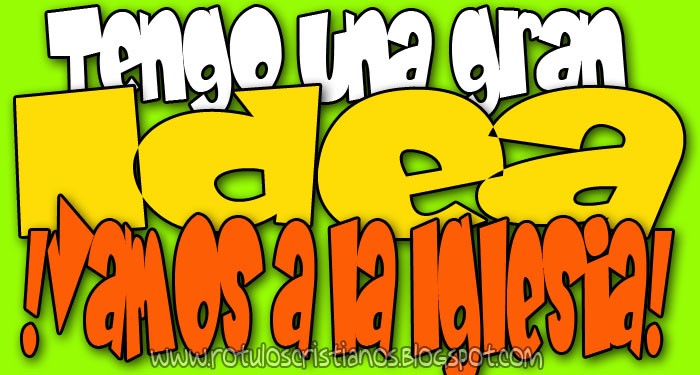 |
 |
|
Recuerda que tenemos Misa mañana domingo en ASL y español a las 12:00pm y la misma será presencial y Facebook. Enlace de Facebook es: https://m.facebook.com/HolyroodSCruz/ El enlace para el boletín y lecturas bíblicas es: Durante el sermón voy a afirmar que el Evangelio de Juan 6: 24-35 los debates y discursos de Jesús, aunque largos y complicados, se pueden resumir en pocas ideas. En este podemos distinguir tres, estrechamente relacionadas. 1. La «vida eterna» (vv.27.40.47.54), «la vida» (v.33.53), «vivir para siempre» (v.51.58). Es un tema obsesivo del cuarto evangelio, que comienza afirmando que «el Verbo era vida» y lo ejemplifica en la resurrección de Lázaro, donde Jesús se muestra como «la resurrección y la vida». Recuerda lo que decía Miguel de Unamuno: «Con razón, sin razón, o contra ella, lo que pasa es que no me da la gana de morirme». Y recuerda, la iglesia no es un museo para personas santas. La Iglesia es un hospital para sanar a personas pecadoras como nosotr@s. Ven para que te sanes. Bendiciones Luis +
|
Remember that tomorrow Sunday we have Mass, ASL & English at 10:00am and it will be in person, Zoom, and on Facebook. Zoom link is: The link for the Facebook is: https://m.facebook.com/HolyroodSCruz/ And the link for the Bulletin and Bible Readings is: During the sermon I’m going to claim that in the Gospel of John 6: 24-35 the debates and discourses of Jesus, although long and complicated, can be summarized in few ideas. In this we can distinguish three, closely related. Therefore, when speaking of the "bread of life", the capital force falls on "life", that eternal life to which Jesus will raise us up on the last day. Just as food is not an end in itself, but a means of subsistence, the Eucharistic bread is directly focused on obtaining immortality. Whoever communicates, like some Corinthians, without believing in the afterlife, is not aware of the close relationship between the Eucharist and eternal life. And remember, the church is not a museum for holy people. The Church is a hospital to heal sinful people like us. Come to heal yourself. Blessings, Luis+ |
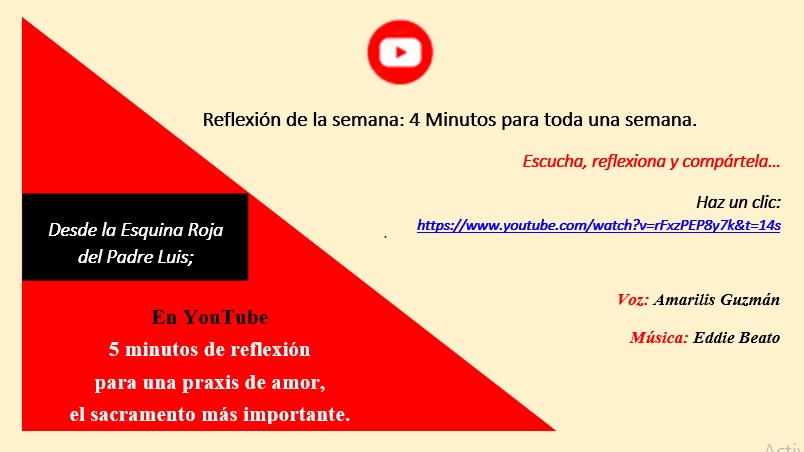 |
|
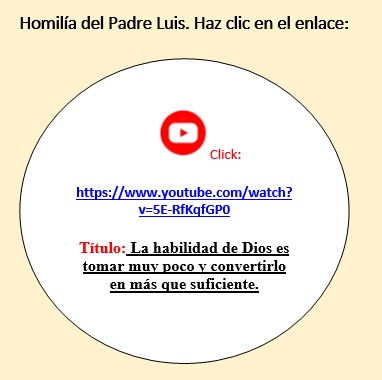 |
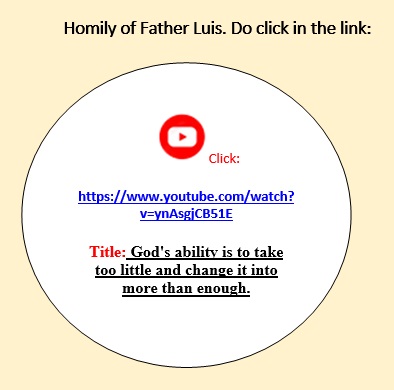 |
- Log in to post comments
